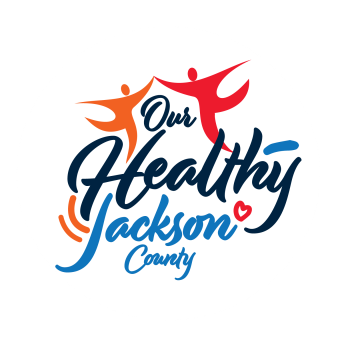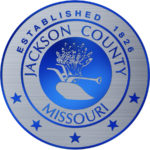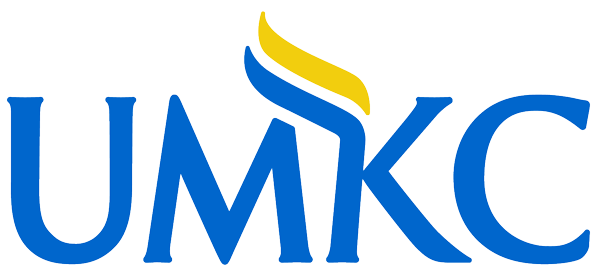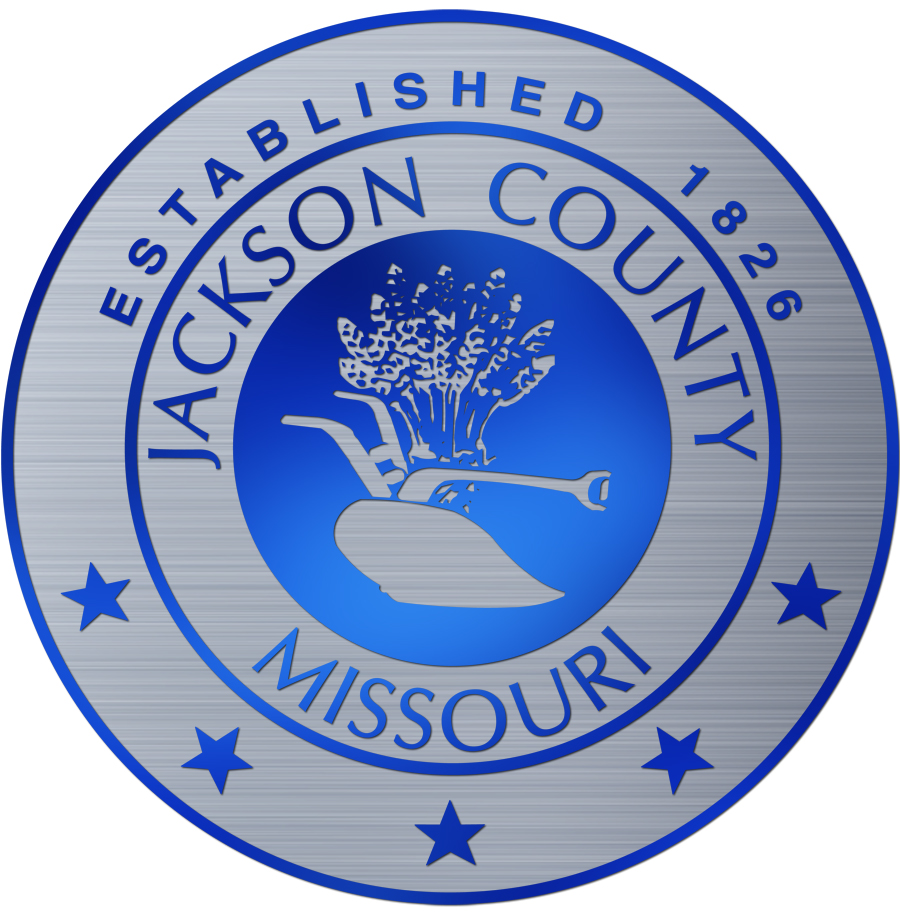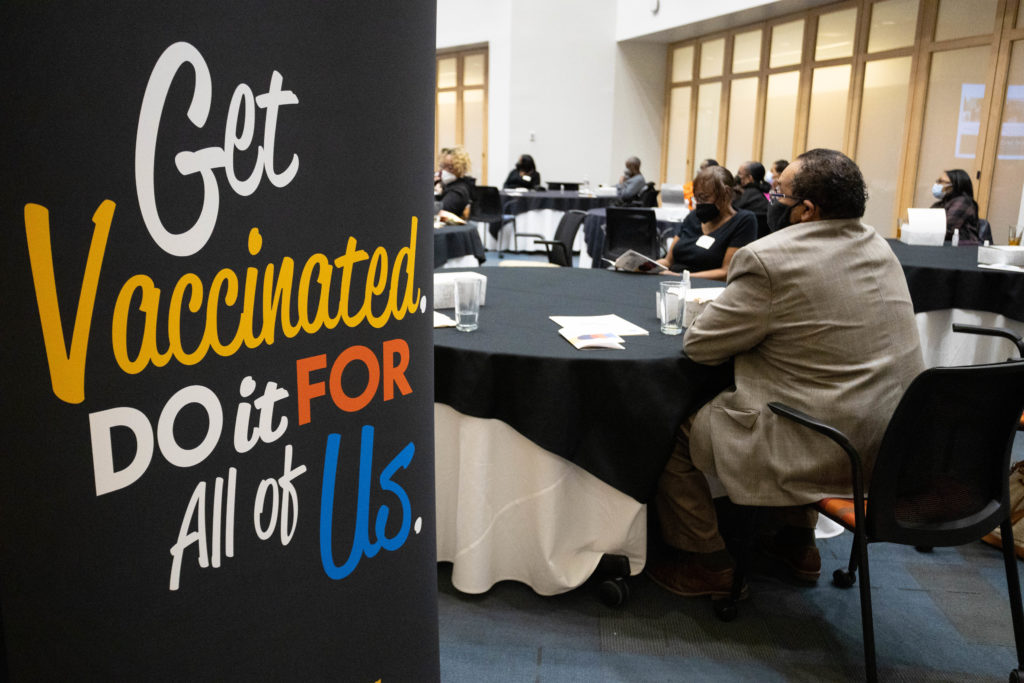
Our Healthy Kansas City Eastside, a community health collaborative created to address COVID-19 in underserved neighborhoods, administered more than 11,000 vaccinations in Kansas City neighborhoods with high health care disparity. The collaborative’s leaders reported the initiative’s success at their community forum January 26 at the Ewing Marion Kauffman Foundation.
Carole Bowe Thompson, project director, UMKC Health Equity Institute, opened the program by thanking the community leaders who mobilized staff and secured funding.
“We will be celebrating these accomplishments for years to come,” Bowe Thompson said. “You’ll never know how many lives you saved.”
“When we come together it makes a big difference,” “It can’t be done alone.”
– Eric Williams
In recorded remarks, county executive Frank White Jr. reminded the group that the project brought together 60 community organizations and more than 120 community members for COVID-19 outreach, education and vaccination, as well as access to other preventative health services.
“We all want the best for our children, and to be healthy for as long as possible,” White said. “That is why it hurts me so much to know that members of my community face very different realities based purely on where they live. A child born in a 64128 zip code on the east side of Kansas City has a life expectancy nearly 20 years shorter than a child born in the 64113 zip code, less than one mile away. I am that child.”
In addition, community healthcare workers and volunteers completed hundreds of sexually transmitted disease tests, nearly 250 dental exams and more than 300 dental referrals, as well as collecting data from 3,000 health surveys.
White announced that Jackson County will extend the initiative.
“Together we are saving lives,” White said. “And we just getting started.”
Jackson County plans to invest an additional $2 million over three years to utilize the research gathered during the project to provide ongoing resources to the community to address healthcare disparities.
“Public health is a vital resource to the safety and wellness of our community,” White said. “And we all have a role to play.”
UMKC Chancellor Mauli Agrawal underscored the university’s role in conducing valuable research.
“More than 3000 Kansas City residents completed surveys on their health beliefs, which showed that indifference or fear was not always behind low vaccination rates. The information collected from our research further highlights the importance of increasing access to vaccinations in trusted settings.”
The ten research studies that resulted from this initiative continue to provide new and reliable data on COVID-19 and related issues, including its impact on physical activity, “long COVID” cases and mental health. In addition, the work has provided opportunities for hundreds of students and faculty to be involved in vaccinations and treatment, making lasting connections in the community.
Charlie Shields, University Health president and CEO, noted the significance of the hospital’s long term relationship with UMKC and how the extensive partnership with the schools of dentistry, medicine, nursing and health sciences and pharmacy were instrumental in providing vaccines.
“It was a matter of everybody working together in a boots on the ground initiative, getting those vaccines out there, getting people access,” Shields says. “It has made a true difference in how Kansas City is responding to this, and particularly in underserved communities and parts of our community.”
Reverend Eric Williams’s work in the faith sector was instrumental to the project’s success.
Williams, Calvary Community Outreach Network executive director and faith sector lead, noted that the OHKCE project was effective at relieving silos, generating a closeness in communities and eliminating disparities. “When we come together it makes a big difference,” Williams said. “It can’t be done alone.”
